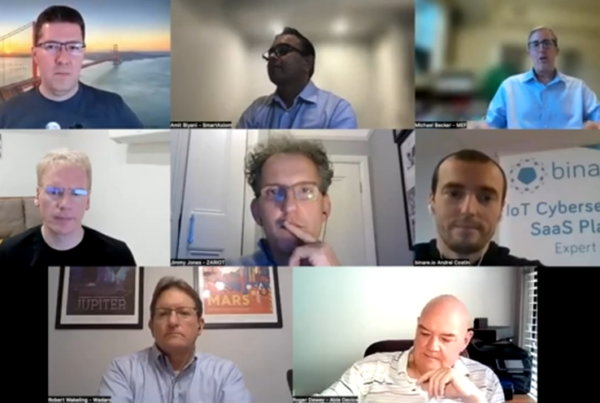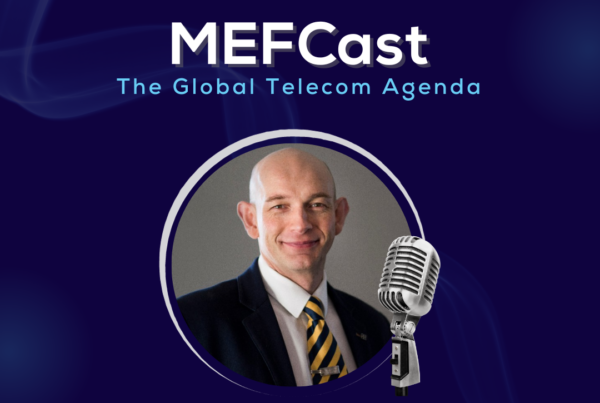MEF’s recent whitepaper Identity & Authentication Today parts 1 and 2, dealt with explaining aspects of today’s Identity & Authentication sector that businesses need to understand to enable them to optimise their existing IAM processes to best effect. Members of the PD&I working group met recently to discuss the whitepaper, here Joseph Spear, Director of Communications at Mvine shares an overview.
Few topics grab my attention like Personal Data and Identity. And I know I’m not alone in believing we’re arriving at a new era for what we know as ‘the internet’.
For this panel discussion I joined MEF’s Iain McCallum and Lee Suker, Market Development Director and Data Protection Officer at XConnect.
Watch the MEF Webinar in full
“There’s no greater need than to get Personal Data & Identity right, and no better time than now,” says Suker.
Without question, Personal Data & Identity is a topic which has been catapulted by the global pandemic to occupy a whole new level of importance with government, industry and civil society.
The re-assembly of those digital identity fragments for a specific purpose, at a specific time and with a specific consent being granted is what makes federated authentication a believable and pragmatic approach towards answering the digital identity conundrum facing us all.”
Whereas many organisations seemingly only scratch the surface, doing just enough to satisfy compliance, today’s MEF Briefing brings into sharp focus the complexities of the practical steps businesses must consider.
The latest rush to digital is bringing with it a set of very distinct challenges for mobile operators, aggregators and brands.
Suker supports the view and expanded on it by detailing the practical steps organisations can take to assure their positions when it comes to data protection and the range of standards which apply.
I gave fair warning that I would be using the “F” word and the “C” word to describe my position on the the two main schools of thought regarding identity, but moderator Iain McCallum, need not have worried, I referred to ‘Federated’ versus ‘Centralised’ approaches, and as far as positions go, they are poles apart.
On the one hand, the centralised model of digital identity where all that is known about a person of thing resides in a singular data store and is used and reused with consent does have great merits. But as I outlined, it also has drawbacks too.
On the other hand, the decentralised model of digital identity where all that is known about a person or thing resides in a multiplicity of locations, disseminated through sharing with consent, leaving fragments of data each time something is transacted is a model that is far more representative of the real world.
The re-assembly of those digital identity fragments, called identity attributes, for a specific purpose, at a specific time and with a specific consent being granted is what makes federated authentication a believable and pragmatic approach towards answering the digital identity conundrum facing us all.
The full recording of the MEF Briefing can be viewed here and certainly does explodes some myths and gives you some actionable points to take away and apply in your own job role and organisation.





